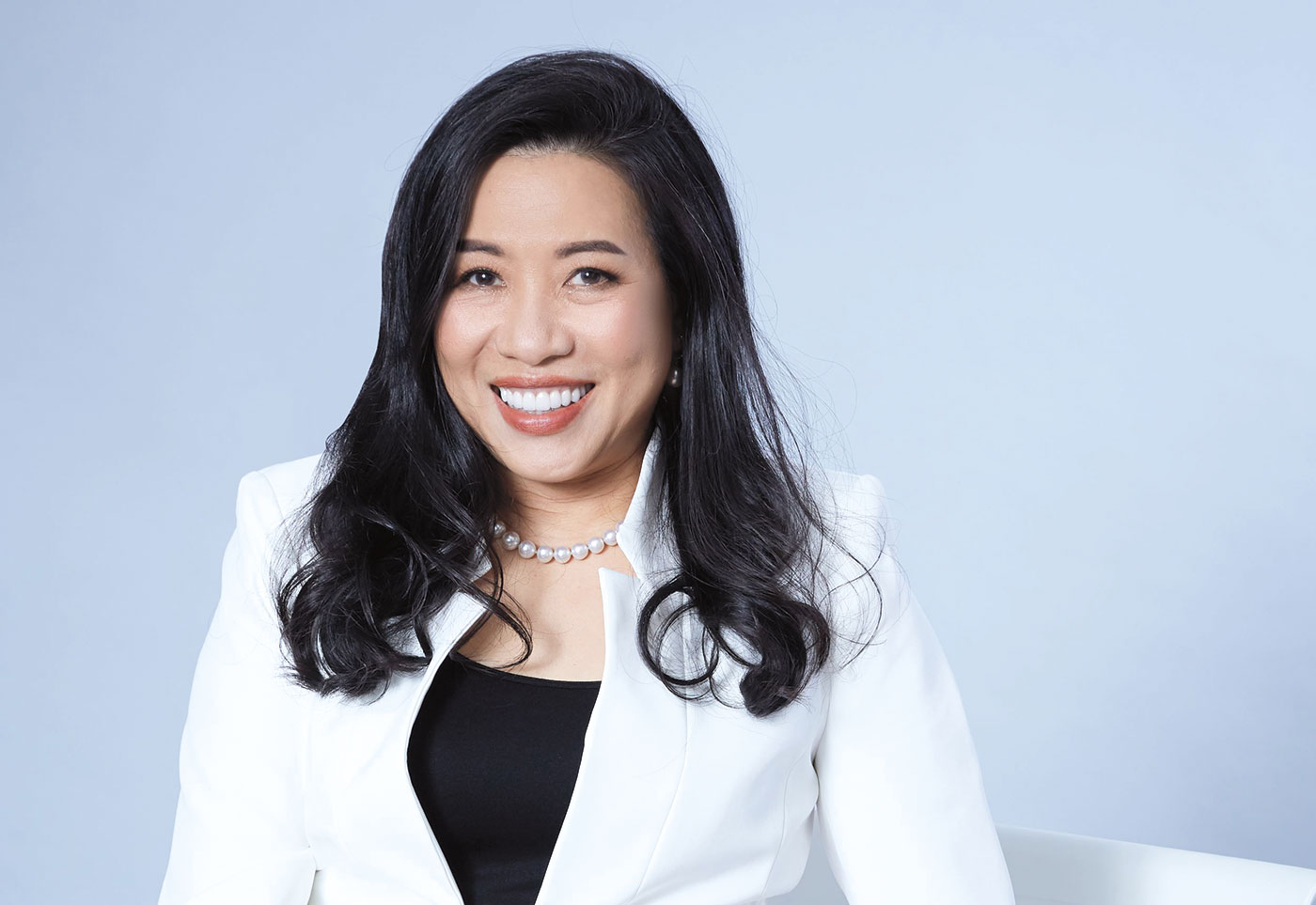When first entering the tech scene in her native Thailand, Patama Chantaruck (’95 MBA) had few female peers as a computer science and engineering undergraduate and even fewer when she penetrated the professional ranks.
After venturing to the United States and earning her MBA from Washington State University, she stepped into the halls of Microsoft, a female foreigner in a world then largely dominated by white, American-born men. Sometimes when she walked into a room, she was asked not for her input, but for a cup of coffee.

“I was an Asian woman with an accent and little understanding of the culture,” she says. “I couldn’t talk American football, and I didn’t play golf.”
What Chantaruck had, however, was intellect and drive. Unapologetically, even cheerfully, she shattered tech’s traditional mold.
“I understood my mind is what matters,” she says.
Throughout a 23-year run at Microsoft, Chantaruck mixed intellect, humility, and an industrious spirit to climb the tech giant’s corporate ranks. By 32, Chantaruck guided Microsoft’s marketing in Asia. By 35, she claimed responsibility for the enterprise’s $3.4 billion global marketing program.
No longer mistakenly asked to fetch coffee, she led efforts championing tech as a force for good—a means to connect people, spread ideas, and help individuals create.
“There wasn’t one day I didn’t want to go to work,” she says of her Microsoft career that coincided with the twenty-first century’s tech revolution. “We were helping to change the world with technology.”
In 2018, however, Chantaruck left Microsoft for a position heading IBM’s operations in Thailand as well as the company’s Indochina expansion. The move enabled Chantaruck to continue her journey in tech and to be closer to her aging parents.
“I wanted to come back home, but I wasn’t leaving Microsoft for just anything,” she says. “I needed to be with a company that’s committed to having an impact.”
At 110-year-old IBM, which was behind the success of the first man on the moon and now applies its innovative mindset to global problems like cancer and supply chain, Chantaruck is certainly doing that, leveraging technology such as artificial intelligence, blockchain, and the cloud to propel local businesses and empower residents.
During the past two years, Chantaruck has overseen the debut of the world’s first blockchain-based platform for government savings bonds distribution as well as the launch of a smart farming project that uses AI and the Internet of Things to support crop health, prevent disease, and improve yields of sugarcane, one of Thailand’s principal exports. More recently, Chantaruck and her IBM team helped Thai citizens navigate the impact of COVID-19, including supporting residents, businesses, and governments transitioning to a remote workforce.
“It’s using technology with a purpose and in benefit to others,” Chantaruck says. “As a child, my parents encouraged me to figure out who I wanted to be when I grew up, not what I wanted to do. Today, I try to be the best version of myself and use the platform I have to pay it forward and inspire others.”
